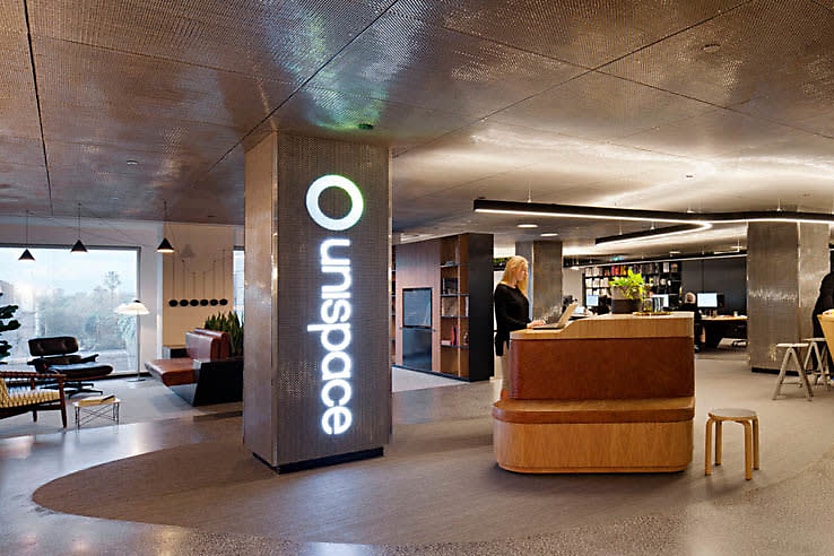Australia outpacing rest of the world on work flexibility
SHARE THIS ARTICLE

Although there has been a recent fixation with return-to-office mandates – primarily in the public sector – Australia still reigns supreme when it comes to the flexibility afforded to workers.
Australia is currently outpacing a number of countries across the globe when it comes to flexibility. This was highlighted in the recent From Restrictions to Resilience report by Unispace, which surveyed 8,000 employees and 2,700 employers (business leaders of companies with 50-plus employees) across 13 countries.
As office attendance continues to slowly build here in Australia, and across the globe, a third of Australians (32 per cent) have still claimed that they have a choice in deciding which days to work from the office. This is compared with only 23 per cent of people globally.
Emma Davenport, senior principal of strategy at Unispace, said the report highlights Australia’s strong position in the global landscape of adaptive work arrangements.
“It’s clear that Australian workers are experiencing greater autonomy when it comes to hybrid work options, and many employers are supportive in providing these choices. This flexibility not only boosts our overall wellbeing by optimising life balance but also provides a clear competitive edge in attracting and retaining top talent, particularly when measured against other countries,” said Davenport.
However, employees have claimed that there can be room for improvement, floating the ideas of a four-day work week and increased flexibility around start times in reports. In fact, four in five (81 per cent) said flexible start times would make them happier to spend more time in the office.
In terms of their affinity with the office in general, building social connections and a professional network is a benefit felt by over a third (37 per cent) of Australians, followed by a belief that face-to-face collaboration is more effective than virtual collaboration for a third (33 per cent) of employees.
The four-day work week is a mainstay in workplace folklore, with it often being referred to as more of a dream than a realistic arrangement. However, it’s a dream that is shared by many, as 60 per cent of Australians are interested in a four-day work week, even if it means working longer hours on those days.
“There’s a noticeable lag between what people need and what the workplace currently offers. Our approach to addressing this challenge focuses on harnessing quality design to build environments that unite people and cultivate deep thinking, innovation, and collaboration,” said Davenport.
Despite the somewhat continuous debates taking place around hybrid working arrangements, the report noted that employers and employees in Australia are highly satisfied with their current hybrid working arrangements, with satisfaction rates at 94 per cent and 86 per cent, respectively.
“Australians clearly value choice, and it has become the new standard that many of us now expect. While some large employers from the public and private sectors are looking at mandating returns to the office, any restrictive approaches should be taken with caution and managed carefully, as it risks undermining employee engagement, which is essential for sustaining high levels of performance and productivity,” said Davenport.
RELATED TERMS
Professionals can use remote work as a working method to do business away from a regular office setting. It is predicated on the idea that work need not be carried out in a certain location to be successful.
Kace O'Neill
Kace O'Neill is a Graduate Journalist for HR Leader. Kace studied Media Communications and Maori studies at the University of Otago, he has a passion for sports and storytelling.

